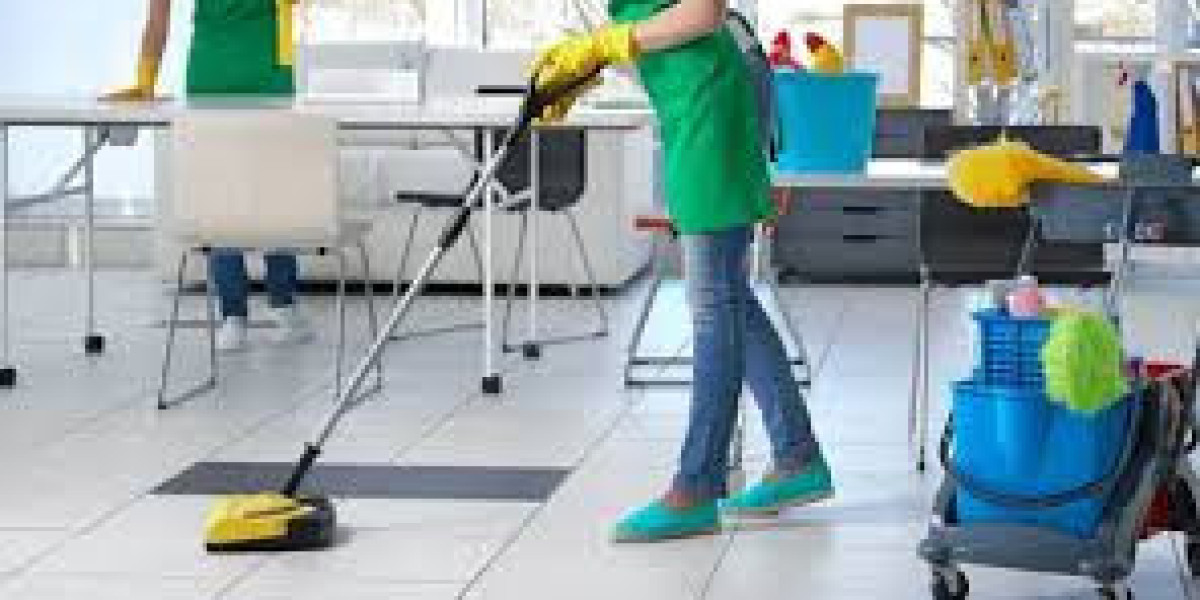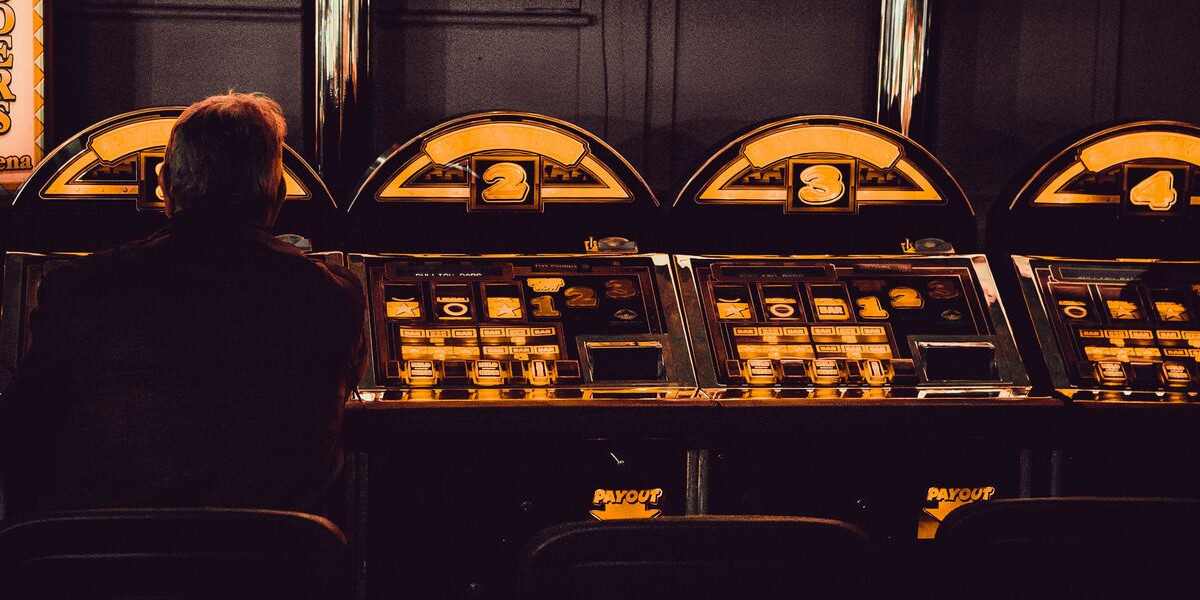Introduction
In the hospitality industry, first impressions are everything. One of the most critical elements in shaping these impressions is the cleanliness and upkeep of the hotel. Hotel cleaning and maintenance go beyond daily housekeeping—they are integral to guest satisfaction, health, safety, and the long-term success of any property. Whether it's a luxury resort or a boutique inn, maintaining high standards in cleanliness and facility upkeep is non-negotiable.
Why Hotel Cleaning and Maintenance Matter
Guest Experience & Satisfaction
Clean rooms, spotless bathrooms, and fresh-smelling hallways immediately make guests feel welcomed and cared for. A single negative experience due to unclean conditions can lead to poor reviews, hurting the hotel’s reputation.Health and Safety Compliance
Hotels must meet local health regulations to avoid fines or shutdowns. Regular disinfection, pest control, and air quality checks are essential to ensure the health of guests and staff.Brand Reputation
In the digital age, travelers share their experiences widely. Cleanliness ranks as a top factor in online reviews and can significantly influence bookings.Asset Preservation
Regular maintenance prolongs the life of furniture, equipment, HVAC systems, and other infrastructure, reducing long-term costs.
Core Areas of Hotel Cleaning
Guest Rooms
Daily cleaning: Bed making, vacuuming, dusting, surface disinfecting
Deep cleaning: Mattress vacuuming, curtain washing, carpet shampooing
Bathroom sanitization: Mirrors, toilets, showers, and drains
Public Areas
Lobbies, corridors, elevators, and lounges must be spotless at all times
High-touch surfaces like doorknobs and handrails require frequent disinfection
Restaurants and Kitchens
Compliance with food safety standards
Regular floor and equipment sanitation
Hood and exhaust cleaning to prevent fire hazards
Spa, Gym, and Pools
Clean and sterilized equipment
Proper chlorine and pH balance in pools
Hygiene supplies restocked in changing rooms
Back-of-House Areas
Staff break rooms, laundry, and storage must be kept clean
Waste disposal areas cleaned and sanitized regularly
Essential Maintenance Practices
Preventive Maintenance
Regular inspections of plumbing, electrical, HVAC, and safety systems
Scheduled servicing of elevators, boilers, and fire alarms
Routine painting, polishing, and repairs
Reactive Maintenance
Quick resolution of issues like leaky taps, malfunctioning ACs, or broken locks
24/7 availability of an on-call technician team
Exterior Maintenance
Clean and well-maintained parking lots, gardens, and building facades
Seasonal checks on roofs, gutters, and outdoor lighting
Green Cleaning and Sustainability Trends
Hotels are increasingly adopting eco-friendly cleaning practices:
Use of biodegradable and non-toxic cleaning products
Water-saving cleaning equipment
Energy-efficient machines in laundry and HVAC systems
Recycling programs for guest and operational waste
Sustainability not only helps the environment but also appeals to the growing segment of eco-conscious travelers.
Training and Quality Control
Staff Training: Cleaners and maintenance teams should be trained regularly in modern techniques, health guidelines, and guest interaction.
Checklists and Audits: Detailed checklists ensure no task is missed, and routine inspections help maintain quality.
Guest Feedback: Encourage guests to report issues so they can be promptly addressed and tracked.
Technology in Cleaning and Maintenance
Smart Sensors: Monitor air quality, humidity, and energy usage
CMMS (Computerized Maintenance Management Systems): Track maintenance requests, schedule servicing, and log work
Housekeeping Apps: Allow real-time communication between front desk and cleaning staff for efficient room turnover
Conclusion
Hotel cleaning and maintenance are the invisible heroes of the hospitality industry. Behind every satisfied guest is a team of dedicated professionals ensuring that every detail is perfect—from the crispness of the bed linens to the gleam on the lobby floor. By investing in proper cleaning protocols, preventive maintenance, staff training, and modern tools, hotels not only elevate the guest experience but also safeguard their brand and operational longevity.
In a world where cleanliness is closely tied to trust, getting it right isn't just good practice—it's a competitive advantage.








